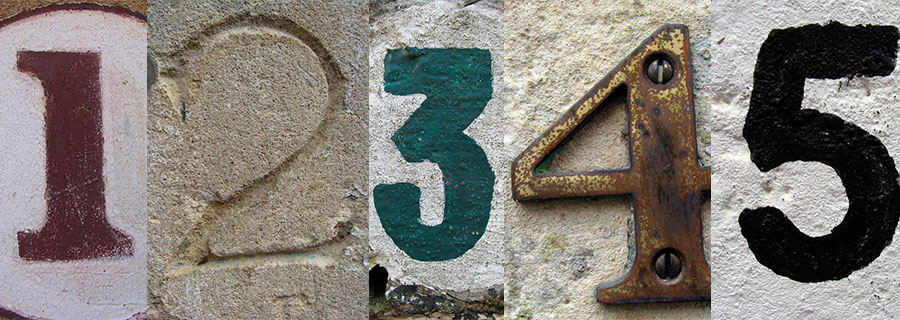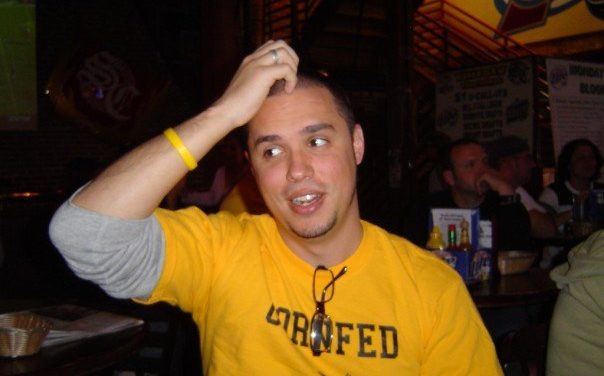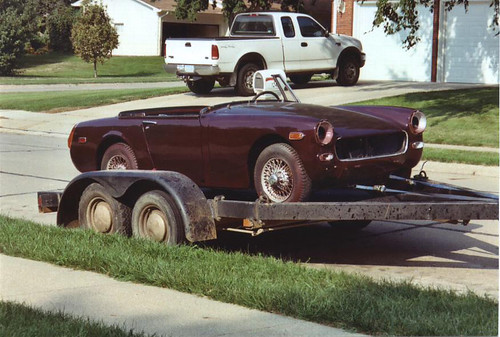5 Lessons An Emergency Hospital Stay Taught Me About Social Media

Tuesday the 6th I woke up at 11:30 with a slight pain in my abdomen. 5 hours later it was an intense pain that felt like someone was stabbing my under the rib cage and twisting the knife. So off we went to the ER at 4:30 in the morning where I learned I was having a pretty major gallbladder attack. I was admitted and 24 hours later my gallbladder was removed.
Over the course of 3 days in the hospital and 6 more days at home resting and loopy on Percocet I came to a new understanding about these 5 things.
1. Social media connections are real, important and at times, critical.
I only had my cell phone and my iPad with me in the hospital. These were my connections with the outside world. I over shared on Facebook at 2 in the morning when I was awakened to have my vitals checked and people shared back. And responded. I received advice, jokes, feedback and general “news” from friends 24/7 while I was laid up. Without social media and a connected device I would have had to rely on a land-line phone (seriously?) Having my connection to Facebook and Twitter in particular kept my spirits up and allowed me to share what I was going through with people who are important to me… as well as a lot of random strangers, in the case of Twitter.
I’ve heard a lot of businesses say “I have a lot of Facebook fans that I never see walk through my door.” And that concerns them. I’d challenge them to think a little differently. Have those people said something good about their business to friends? Have they shared info or news recently? Do you have another means by which they may be partaking of your services (web site, delivery, etc.)? Just because someone doesn’t walk through the door doesn’t mean they don’t have an impact on your business in some way or another. We care about our social connections and they impact our lives – and purchase decisions.
2. Social media doesn’t sleep.
Hospitals are not designed for resting or sleeping. They’re designed for monitoring. And monitoring means waking you up every 2-4 hours for something (stats check, medication, etc.). On top of that, post surgery pain isn’t really conducive to a deep REM cycle. I was awake at 11pm. 2am. 4am. Consistently. And every time I jumped on Facebook or Twitter, someone responded almost in real time. Without fail. I credit some of this to having a diverse group of friends who keep vastly different schedules, but also some specifics that only social media has accomplished:
- Someone I met (in person) through a friend (whom I met on Twitter) and is living in the Middle East now.
- People on the East Coast I met through mutual friends on Twitter who are heading to work as I’m doing “round 3 of vitals check” at 4am Pacific time.
- A close friend in Hawaii who is updating his evening as everyone else is heading to bed.
- Several people in Australia who report on World & U.S. GLBT news (and actually Tweet back when you talk to them)
3. Social media is virtually instant.
We are likely an over-connected society. But these excessive connections allow information to reach us at an alarmingly fast rate. Just over-sharing my experience and surgery on Facebook gave almost everyone in my life the news of what I was going through at the same time. Granted, there are people who check in less regularly but for the most part, the top 100 people I would have wanted to communicate to knew. Right away. Whether phone, iPad, work computer or other connected device – we have access to social media (and our network of friends) almost anywhere we are and at any time. While many times this can be a burden, for me it was a godsend.
Business see this when they have a huge social media gaffe. Faster than you can say “delete that Tweet!” it’s been screen captured, shared and found its way to a news outlet. Being mindful of the instant nature of social can help propel urgent news – and keep you out of a PR nightmare.
4. Social media is only as good at reaching people as the reader is at engaging.
Although most everyone in my life knew about my surgery, how long I’d be resting at home and what kind of drugs I was taking and how often, there were still several (almost 2 weeks later) who were clueless. Not everyone engages all the time. This is important for us as people but also as you look at brands. Although we want to think we post something to 782 people and 782 people read it and understand it, the truth is, it’s a fraction of those people who even see what we post. Our most active engagers will likely see it and respond back, but the casual viewer or a “non-engaged fan” likely won’t.
I was able to expand my “reach” by telling new parts of the same story over the course of a 3 day period. Then following up less often over the next 6 days. I only had one story (I had surgery) but each post was unique and shared a different piece of that common theme. All came from my voice and personality and a few had a Percocet induced fog attached to them but people cared about my story. And cared about the progress. Even people I don’t know that well. I really think this is how brands will begin to behave on Facebook in particular. Posting about a special sale 6 times isn’t going to cut it (and doesn’t today) but talking about that same sale in unique and interesting ways – and converting it to a story – will help expand reach and keep customers engaged.
5. Nothing beats an in person visit.
Of course, with one through four stated – I have to caveat it all with this one. Being able to talk to people face to face is still king. I was only in the hospital a short time and only had 4 visitors, but those moments were really, really important to me. Sharing that personal human experience still can’t be beat. Social media was a great, consistent stand in but the human interaction was golden. (Big thanks to Kevin, Darrell and Chris for keeping me company – and of course to Brian for only leaving my side when he was forced to.)
The human aspect of your business – no matter how it’s delivered – is absolutely priceless.
In 3 days in the hospital I only made 2 phone calls. In that same time I posted nearly 100 times on Facebook and Twitter and commented/responded more than I can count. I’ve never felt so connected, engaged and loved in all my life.
Featured image © Creative Commons – Kirstyhall http://www.flickr.com/photos/fragiletender/

 By
By

